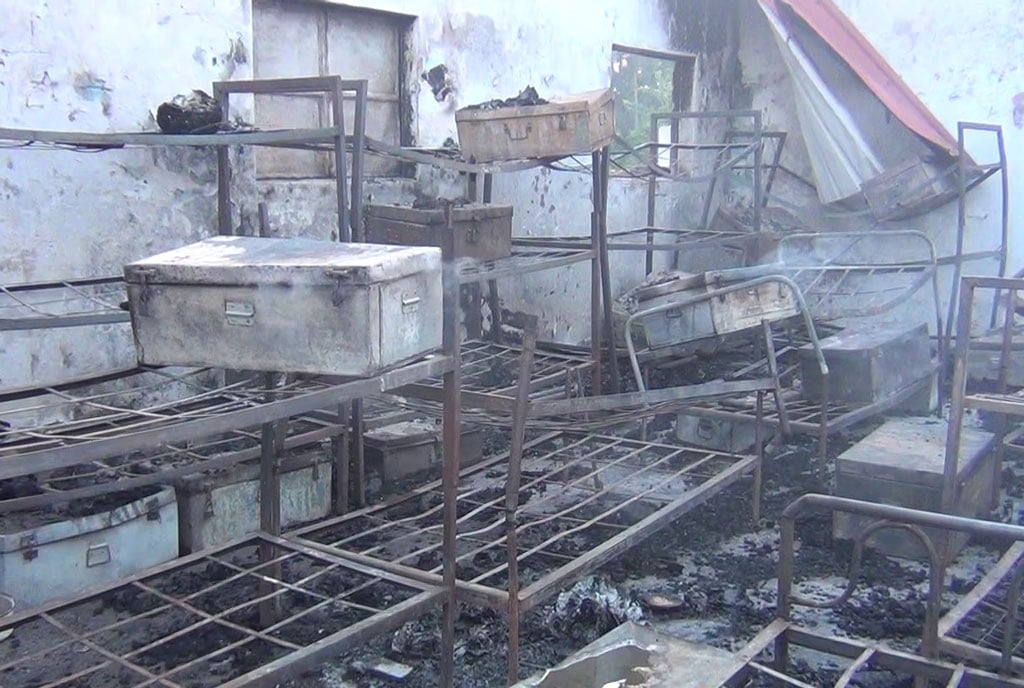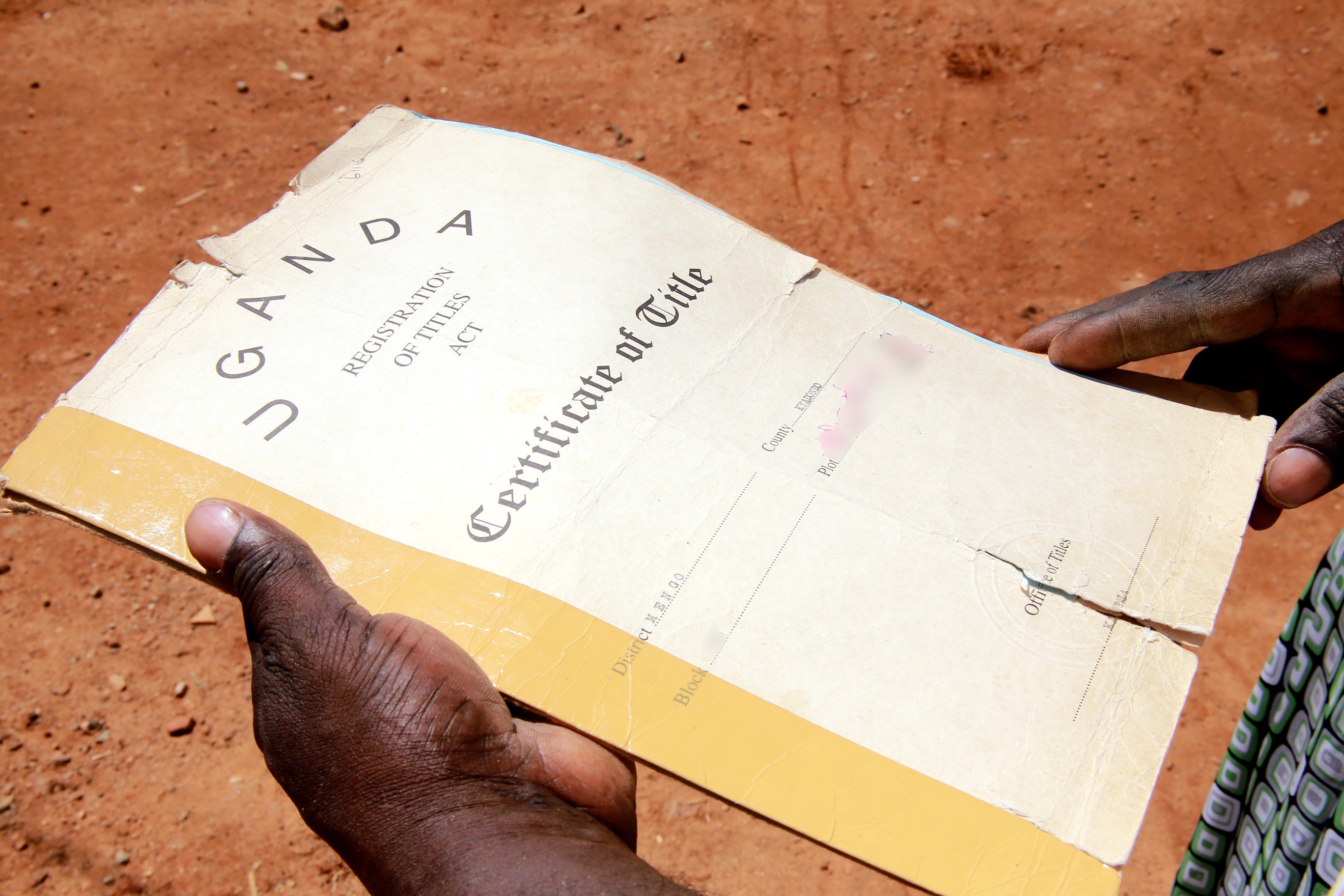Beyond climate blah, blah, what is Uganda’s climate change story?

Odoobo C. Bichachi
What you need to know:
- Media in Uganda has generally not domesticated the climate change story or covered it in a consistent manner as an evolving phenomenon. It has covered it mostly as spasmodic events sometimes related and many times unconnected.
The past few weeks have seen heightened climate change coverage across the world. This was in the run up to and post Cop26 meeting in Glasgow, Scotland that brought together leaders of big and small countries to discuss the biggest challenge of our time – rising global temperatures.
Media in Uganda has generally not domesticated the climate change story or covered it in a consistent manner as an evolving phenomenon. It has covered it mostly as spasmodic events sometimes related and many times unconnected.
Thus when it rains heavily in an afternoon and there is flooding in Kampala, the word climate change will be dropped around by news casters and reporters – even when the real problem is silted drains. When the rains fail in Soroti for two months, or landslides come tumbling down the hills of Mbale or Kasese, again “climate change” will be bandied around for a few days and that’s it.
Therefore, many Ugandans only dependent on our local media to try and relate to this climate change thing may be unable to put a finger on what exactly it is; our contribution to the problem as well as what we can do to mitigate it.
Climate stuff is pretty boring for many people; it will not enthrall audiences on TV or sell newspaper so this may explain why the coverage has been low-key. We are not alone, it may be the same across the global south.
Western media has perhaps been more consistent and found graphic areas of telling the climate change story – rising sea levels, melting icebergs, hurricanes, etc. But even there, the story has largely been seen as “science talk” until the emergence of climate poster girl – Greta Thunberg and lately our own, Vanessa Nakate – gave it a new image.
These amazing girls have indeed given the climate change discussion a face. Their dismissal of world leaders’ “blah, blah, blah” speeches that don’t carry immediate and practical steps to address the problem has made good headlines and good profile stories. They have become climate change celebrities and soon – if not already – they may be talking more for the cameras just like the politicians they accuse, than for the climate!
Uganda media was not left out of the celebrity galore (and rightly so) but beyond the blah, blah of Nakate, there is a critical need to frame our local climate issues and try to push for homegrown interventions to mitigate our immediate circumstances. This will bring climate change discussion to our doorstep where we can relate with it.
Nakate has not done so; she has merely jumped onto the global bandwagon so she is not going to be Uganda’s climate poster-girl. The government has not done so, it is merely looking at another opportunity to receive “donor” funds.
Uganda’s leading climate reporter, Gerald Tenya, reporting from Glasgow captured this about the Ugandan team: “At the conference on climate change, Ugandan delegates came to Glasgow in Scotland with a ‘mission’.
This was to tell rich countries to live up to their promises. The rich countries committed to contributing $100b every year to support less developed countries, including Uganda, to adapt to the changing climate.”
Uganda’s message to the world, articulated by the delegation led by Environment minister Beatrice Anywar, was that we shall continue to use mixed sources of energy – “our oil”, hydro, thermal and even charcoal!
Our climate challenge may not be the rising sea; it is failing rains. It may not be hurricanes; it is floods caused by urbanisation and “factorisation” of swamps. It may not be melting icebergs; it is disposal of effluent in the lakes and rivers. It may not be polluting the atmosphere with coal; it is the chopping down of trees and shrubs to burn charcoal.
And our climate solutions will not come from receiving a portion out of the bowl of an annual $100b “sin fund” by rich nations. Solutions will come from stopping deforestation and planting more trees. From stopping the wanton degradation of wetlands for factories, shopping malls and residences.
It will not be from use of microwaves and solar heaters as primary source of cooking; it will come from changing from firewood and charcoal to liquefied petroleum gas (yes our oil) as the domestic energy of choice.
The media can frame these and lead the conversation.
Send your feedback/complaints to
[email protected] or
call/text on +256 776 500725.




